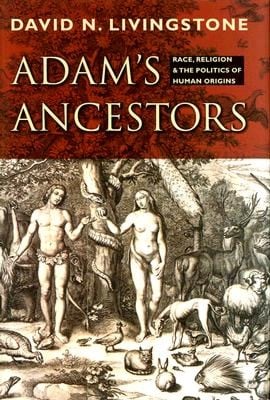This past Monday, the case of Christian Legal Society v. Martinez was argued before the United States Supreme Court. The case arises out of the refusal of the University of California, Hastings Law School to recognize a local Christian Legal Society chapter as an official registered student organization. As described in the CLS’ Brief, at U.C. Hastings,
RSOs are entitled to meet in university rooms, to apply for funding to support various group activities, and to access multiple channels for communicating with students and faculty–including posting on designated bulletin boards, sending mass emails to the student body, distributing material through the Student Information Center, appearing on published lists of student organizations, and participating in the annual Student Organizations Fair.
The CLS requires members to affirm a basic Christian statement of faith and to seek to live a Christian lifestyle, including avoiding sexual practices believed to be inconsistent with Christian faith. U.C. Hastings found that these membership standards violated the school’s non-discrimination policy, which prohibits discrimination on the basis of religion or sexual orientation, because the CLS’ standards would prohibit gay students from joining the organization as members or leaders. CLS argued that this action violated the U.S. Constitution’s free speech and free exercise of religion clauses. A broad range of Christian organizations filed amicus briefs in support of the CLS, and the case was argued on CLS’ behalf by Stanford law professor Michael McConnell, a highly distinguished scholar and jurist.
What have you heard about the CLS v. Martinez case? How do you think the Court should rule?
What do you think about the missional implications of the Martinez case? Should Christian groups litigate to obtain government recognition and benefits? What place should such litigation occupy in the context of the missio Dei?
I confess that as a legal scholar and a missional Christian,
I feel conflicted about this case.
On the one hand, U.C. Hastings’ policy seems to represent political
correctness run amok. In
a recent interview, the U.C. Hastings Dean suggested that, under the
school’s non-discrimination policy, the Black Law Students’ Association would
have to admit KKK members and the B’nai B’rith chapter would have to admit
Muslims. Presumably the Muslim Law
Students Association would have to admit Christians, and so on. As Justice Antonin Scalia observed
during oral argument, “It is so
weird to require the campus Republican Club to admit Democrats, not just to
membership, but to officership. . . To require this Christian society to allow
atheists not just to join, but to conduct Bible classes, right? That’s
crazy.”
Moreover, I think the CLS and its amici probably have the
better side of the legal arguments on the establishment clause and free speech
issues. Religion occupies a unique
place in our Constitutional order.
We should be very wary of policies that would require religious
organizations to give up their core distinctives in order to participate
equally in the public square with other organizations.
Without doubt, a ruling in favor of U.C. Hastings could
jeopardize not only ministry organizations that operate on secular university
campuses, but also religious educational institutions, such as Christian
colleges, that benefit in some way from federal funds. This case could represent a substantial
wedge between access to government benefits and religious organizations that
adhere to “discriminatory” views of human sexuality or belief in God. It is not entirely unreasonable –
although it would be many steps removed from the Martinez case – to envision a world in which religious people who
hold traditional views about God and sexuality would be precluded from access
to public programs such as public safety, health and disability benefits. This of course happens in many parts of
the world today.
And yet, what bothers me is that this particular case is
about official government recognition and access to government funding for a
local extension of the Church.
U.C. Hastings is not seeking to prohibit Christians from meeting
together or from expressing their personal views. Rather, the school is withholding official recognition and
access to the funds and facilities that are available to recognized student
organizations.
Why do we expect Caesar to favor the ekklesia? Why does it
seem so easy for us to mobilize resources all the way to the Supreme Court when
the issue involves preserving Christianity’s historical privileges in American
political culture? Why should an
organization like the Christian Legal Society fight so hard for official status
and the paltry funds that accompany that status?
It also bothers me, to be honest, that this case seems to
represent another round in the war between evangelicals and homosexuals. As I’ve said on this blog before, I am
not a revisionist concerning Christian sexual ethics. (My views on Christian sexual ethics are similar to those
expressed by Richard Hays in his book The
Moral Vision of the New Testament).
However, I deeply regret the animosity between evangelicals and the gay
community. Although the CLS is not
an “anti-gay” organization, I wonder about pursuing litigation that in the
public mind inevitably will represent another titanic clash between Christians
and gays.
I have great respect for the people involved in the CLS’
case, so my questions shouldn’t be taken negatively. For me, this case raises a tension between older models of
cultural engagement, which prize high-level constitutional litigation, with a missional
perspective that views the Church in American society as a community in exile. I hope the Court rules in CLS’ favor,
but in my heart I wish the dispute had been resolved by some other means.


